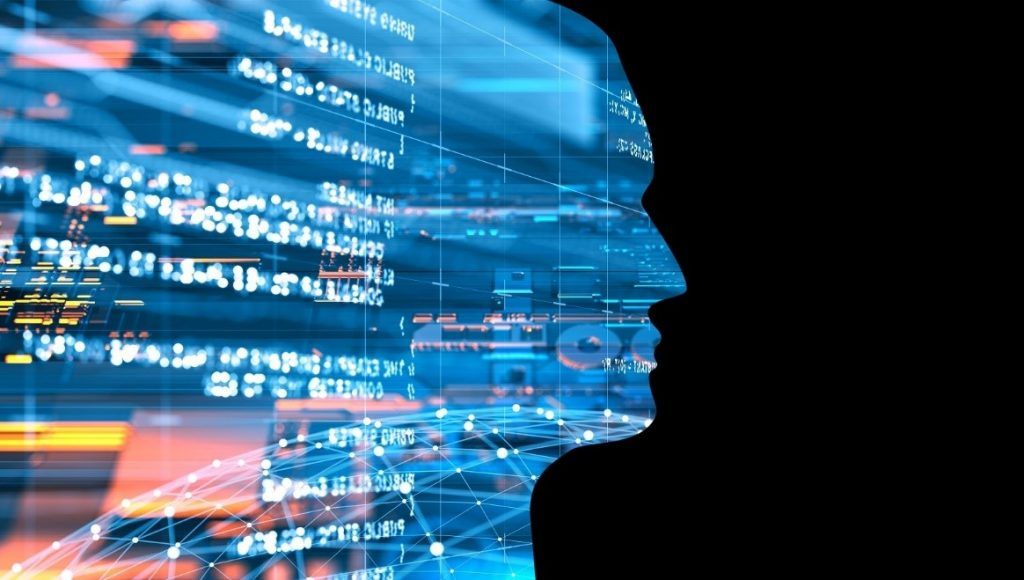Artificial Intelligence (AI), the Internet of Things (IoT) and blockchain are increasingly impacting international trade globally.
The transformative impact of technology on international trade is even more evident today, when the ongoing global expansion of the Internet, fueled by a combination of big data with unprecedented levels of computational power, are enabling transformative innovations such as AI, IoT, blockchain, cloud computing and quantum computing.
However, according to a report by the World Trade Organization (WTO), these developments not only unlock opportunities and benefits for those involved in international trade, but also give rise to a number of concerns, including the risks of cyber-attacks.
To enhance the cybersecurity of software-enabled and network-connected equipment, infrastructure and goods, many governments are adopting various cybersecurity-related regulations, including those in the form of Technical Barriers to Trade (TBT) measures, i.e., technical regulations, standards and conformity assessment procedures.
These cybersecurity-related TBT measures have recently become one of the most prominent digital-related topics discussed in the TBT Committee.
Artificial Intelligence
To date, more than 70 cybersecurity-related measures have been notified to the TBT Committee, 70% of them during the last three years.
Among other things, these address the cybersecurity of IoT, 5G technology, telecommunications and radio equipment, and software-enabled and network-connected assets.
Most of these measures indicate that they are proposed or adopted for the protection of national security requirements (Article 2.2 of the TBT Agreement).
Other notified objectives include the prevention of deceptive practices, the protection of human health or safety, and quality. Among the most active notifying Members in this area are the European Union (and/or its Member States), Brazil, the United States, the United Kingdom, Vietnam, Uganda, Japan, China and Chinese Taipei.
In recent years, WTO Members have increasingly used TBT Committee meetings to raise and discuss TBT measures related to cybersecurity.
Measures subject to these specific trade concerns regulate, among other things, ICT products and network equipment, vehicles, civil aviation, banking and insurance, among others.
![]()

